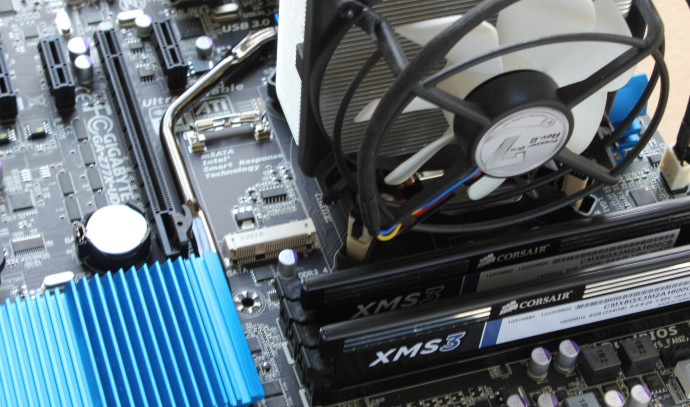In a bid to foster diversity and inclusivity in the hi-tech sector, the Israel Innovation Authority (IIA) and the Labor Ministry have announced their joint initiative to invest in training and integration programs for the Bedouin and Ethiopian communities. The aim is to create a pathway for young individuals of Bedouin and Ethiopian descent to thrive in the dynamic and ever-evolving tech industry.
The initiative will promote projects focused on integrating talented individuals from underrepresented populations, including the Arab community in the southern region and individuals from the Ethiopian community, into the hi-tech workforce. The initiative comes as part of the IIA’s broader goal to engage human capital from social and geographical peripheries, even during the currently challenging times in the hi-tech industry.
Dror Bin, the director general of the Israel Innovation Authority, highlighted the importance of integrating diverse talent from various backgrounds. “The crisis in the hi-tech industry presents an opportunity for companies to invest in training existing employees and integrating potential candidates from diverse backgrounds to create value and gain a competitive advantage through out-of-the-box thinking and new perspectives to problem-solving,” he said.
The IIA’s Human Capital Fund, established to support initiatives such as these, will provide grants of up to NIS 1 million for programs in the launching or seed stage, and up to NIS 15 million for programs in the growth or scale-up stage.
Israel Uzan, the director general of the Labor Ministry, emphasized the commitment to offering high-quality training, especially in light of the changing technological job market. “The future of the job market greatly depends on the ability of different population groups to find themselves in high-paying and high-productivity roles,” he said.
Judicial reforms create uncertainty
The effort to integrate diverse populations into the hi-tech field through training and integration programs may face several challenges due to the currently faltering start-up ecosystem in the wake of the government’s controversial judicial reform plans. The uncertainties and concerns arising from these reform efforts have led to entrepreneurs and investors becoming hesitant and exhibiting “cold feet.”
Start-ups heavily rely on investment funding to fuel their growth and innovation. However, the government’s judicial reform plans have created uncertainties about the stability of the business environment, which has been expressly illustrated by recent warnings to investors from Morgan Stanley, Moody’s and S&P. As a result, investors might be reluctant to commit their capital to new ventures, including those aimed at fostering diversity and integration in the hi-tech sector.
If the initiative manages to persist through the ongoing turbulence the market is experiencing, integrating diverse populations into the hi-tech field will not only benefit companies themselves by driving innovation and competitiveness but also contribute to broader social and economic development by promoting inclusivity and equal opportunities.



